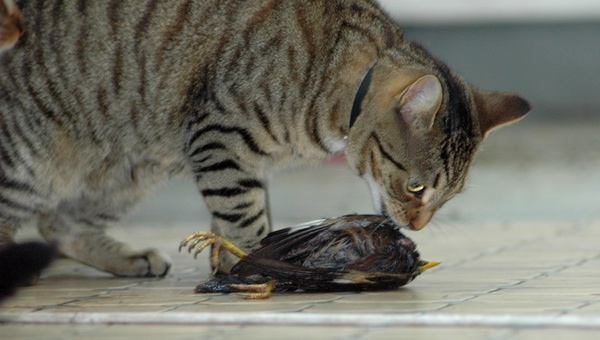[Update 8 June 2010: The Online Circle’s CEO Jeff Richardson emailed an apology and explanation today. I think it’s a superb response, dignified yet accepting the very harsh criticism I served out. I’m impressed. And of course I accept the apology. So do bear that in mind as you read this rant. — Stilgherrian]

Speaking personally, I wouldn’t trust a “full-service interactive agency” that can’t even get the basics of the Spam Act 2003 right. So here’s my Big Fat Monday Night Hello to The Online Circle, the arsehats who just spammed me.
Guys, here’s how your email starts:
Hi Stilgherrian,
Firstly, thank you very much for your effort and involvement in our [redacted] campaign (We hope you enjoyed the chocolate). We saw some great blog articles and Twitter updates written that have really helped people understand more about [redacted] and why we all should get involved.
Erm, I wasn’t involved in this campaign, with or without any effort. So there’s arsehattery #1. And I never got any chocolate. There’s arsehattery #2.
Oh, and that sentence in parentheses? The full stop should be inside the closing parenthesis. That’s #3.
I’ll skip over the plug for your “we’re excited to announce” thing because — and OMFG how original is this? — you’re inviting people to upload videos to promote your client’s product! A video competition! How unique is that?
“Not at all,” is my answer there. Video competitions have to be the most overworked cliché in social media marketing.
But here are the bits which really shit me.
You are receiving this email because The Online Circle has found you to be an online influencer in Australia. This is our first contact with you and we promise not to share your name or any details with anyone.
An “online influencer”, eh? So it’s not that I’m an “interesting writer” or “respected commentator” or “glutton for chocolate” or even just “nice guy” or perhaps even “dangerous psychotic” — but an “online influencer”. Great. I fit some smegging buzzword du jour category for your marketing effort. T’riffic. How depersonalising.
“This is our first contact with you,” you say?
Bullshit.
You previously emailed me on 24 February, subject line “Social Media Influencer — How about free samples?”, to say that you “understand generating content for your blogs and social media channels can sometimes be challenging”. No, I don’t “generate content”. I write. I take photos sometimes.
And you emailed me again on 1 March, subject line “We are ready to send you some free chocolate”, with the same content.
All three emails claim “This is our first contact with you”. Liars.
And if you’d bothered to even look at my website…
… as opposed to, I presume, just finding me on some list of Australian bloggers somewhere, you might even have discovered that I don’t fill my website with random plugs for multinational corporations. Especially corporations that pull more than USD 7 billion a year in revenue but still want the punters to do their creative work for them in exchange for a few chocolates.
Arsehats. Exploitative spammy bloody arsehats.




